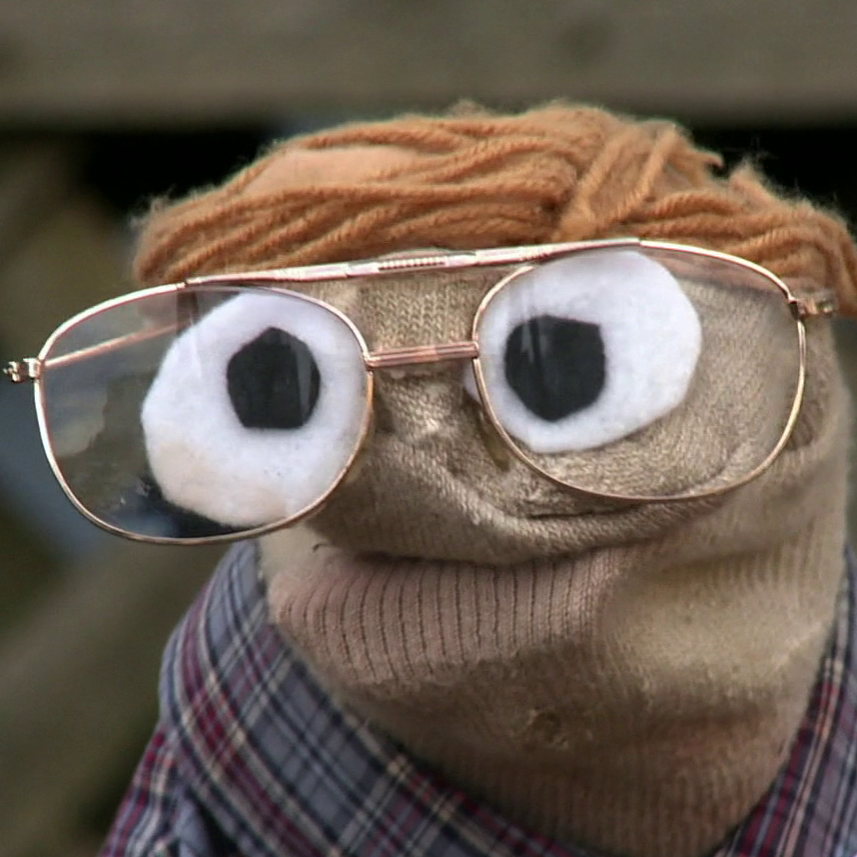Only gonna make things more difficult for good actors while doing absolutely nothing to bad actors
That’s true, but it would be nice to have codified way of applying a watermark denoting AI. I’m not say the government of CA is the best consortium, but laws are one way to get a standard.
If a compliant watermarker is then baked into the programs designed for good actors, that’s a start.
It would be as practical for good actors to simply state an image is generated in its caption, citation, or some other preexisting method. Good actors will retransmit this information, while bad actors will omit it, just like they’d remove the watermark. At least this way, no special software is required for the average person to check if an image is generated.
Bing Image Creator already implements watermarks but it is trivially easy for me to download an image I generated, remove the watermark, and proceed with my ruining of democracy /s
I wasn’t thinking of like a watermark that is like anyone’s signature. More of a crypto signature most users couldn’t detect. Not a watermark that could be removed with visual effects. Something most people don’t know is there, like a printer’s signature for anti-counterfeiting.
I don’t want to use the word blockchain, but some kind of way that if you want to take a fake video created by someone else, you are going to have a serious math problem on your hands to take away the fingerprints of AI. That way any viral video of unknown origin can easily be determined to be AI without any “look at the hands arguments”.
I’m just saying, a solution only for good guys isn’t always worthless. I don’t actually think what I’m saying is too feasible. (Especially as written.) Sometimes rules for good guys only isn’t always about taking away freedom, but to normalize discourse. Although, my argument is not particularly good here, as this is a CA law, not a standard. I would like the issue at least discussed at a joint AI consortium.
Watermarking AI-generated content might sound like a practical approach for legislators to track and regulate such material, but it’s likely to fall short in practice. Firstly, AI technology evolves rapidly, and watermarking methods can become obsolete almost as soon as they’re developed. Hackers and tech-savvy users could easily find ways to remove or alter these watermarks.
Secondly, enforcing a universal watermarking standard across all AI platforms and content types would be a logistical nightmare, given the diversity of AI applications and the global nature of its development and deployment.
Additionally, watermarking doesn’t address deeper ethical issues like misinformation or the potential misuse of deepfakes. It’s more of a band-aid solution that might give a false sense of security, rather than a comprehensive strategy for managing the complexities of AI-generated content.
This comment brought to you by an LLM.
Plus what if the creator simply doesn’t live in California. What are they gonna do about it?
The problem here will be when companies start accusing smaller competitors/startups of using AI when they haven’t used it at all.
It’s getting harder and harder to tell when a photograph is AI generated or not. Sometimes they’re obvious, but it makes you second guess even legitimate photographs of people because you noticed that they have 6 fingers or their face looks a little off.
A perfect example of this was posted recently where, 80-90% of people thought that the AI pictures were real pictures and that the Real pictures were AI generated.
And where do you draw the line? What if I used AI to remove a single item in the background like a trashcan? Do I need to go back and watermark anything that’s already been generated?
What if I used AI to upscale an image or colorize it? What if I used AI to come up with ideas, and then painted it in?
And what does this actually solve? Anyone running a misinformation campaign is just going to remove the watermark and it would give us a false sense of “this can’t be AI, it doesn’t have a watermark”.
The actual text in the bill doesn’t offer any answers. So far it’s just a statement that they want to implement something “to allow consumers to easily determine whether images, audio, video, or text was created by generative artificial intelligence.”
https://leginfo.legislature.ca.gov/faces/billTextClient.xhtml?bill_id=202320240SB942
Completely impractical. If something is AI generated, or manipulated with Photoshop or in the darkroom really doesn’t make a difference. AI isn’t special here, photo manipulation is about as old as the photograph itself. It would be much better to spend some effort into signing authentic images,including a whole chain of trust up to the actual camera. Luckily the Content Authenticity Initiative is already working on that.
… and also abortion doctors to carry medicine that reverses abortion if a women wants it.
Come on dems! Republicans are blowing us out of the water on requiring absurd technology that doesn’t exist. We should try to enforce the 3 laws of robotics!
Removed by mod
Removed by mod





